Imprint Director: Eileen A. Fradenburg Joy (eileen@punctumbooks.com)
Don’t fear anything for your letters, they are burnt
one by one and I hope you do the same with mine.
~ Camille Claudel
. . . it is a fine consolation among the absent that if
one who is loved is not present, a letter may be embraced instead.
~ Isidore of Seville
Dead Letter Office publishes smaller works — minigraphs — of anywhere from 30,000 to 60,000 words, representing work that has either has gone nowhere or will likely go nowhere. The emphasis is on the long essay or short book that can find no welcoming harbor because it is too long for a journal and too short for a scholarly press, and yet there are inkdrops of possibility and the darkling shape of a more full-bodied work.
Dead Letter Office also fosters work that never fully “arrives” in all senses of the term: the conference or seminar paper that will never become a finished article, whether too short or too long, the stray pages for a half-baked article that will never become the full-baked article, the half-finished chapter that will never make it into any book, the notes and semi-polished pages for manuscripts that feel unfinish-able, the prospectus for the project you can never seem to find your way to start, the prolegomenon and preamble without follow-up, the stray children of your pen, the letter you wrote then tucked away in a drawer, fearing to mail it, or the one you sent and received again with the stamp “return to sender,” or which was never received nor returned, that you perhaps lost and then re-found.
We also seek experiments in whimsy, in over-reaching, in idle speculation, in prospecting for fool’s gold, in working molehills into mountains, in marking and then forgetting a path in a wild wood of visible darkness. We want articles that are too long for journals and books that are too short to be called monographs. In short, the Dead Letter Office invites you to take your L/letters out of the drawer, or shoebox, or closet, or attic, or hard drive, to re-visit and re-polish, without worrying about conclusions or ultimate destinations, and send them to us. We also invite work whose genre is so un-classifiable, it is often declared “Dead On Arrival” in the more traditional academic publishing houses.
The dead can bury the dead all day long and still not be done.
~ Heather Love
We will also consider actual letters to the dead: belated eulogies, posthumous transmissions to the underworld, love (and hate and other) missives to the departed, funerary telegrams, postcards from the edge, manuals for griefbots, last rites, and various notes and commentaries to be used as devices to water the graveyards where, to cadge from Walter Benjamin, some of the dead are turning by a strange heliotropism toward the sun that is rising in the sky of history.
If interested in submitting a book manuscript to Dead Letter Office, send a query email to Eileen at eileen@punctumbooks.com with a very brief description of the book and we will let you know if we want to see the full manuscript during punctum’s regular open review period, which is May to July each year, and you can see those submission guidelines HERE.
TITLES
Zafer Aracagök, Atopological Trilogy: Deleuze and Guattari (March 2015)
Anthony Adler, The Afterlife of Genre: Remnants of the Trauerspiel in Buffy the Vampire Slayer (January 2014)
Rachael Arrighi, [provisional self-evidence] (September 2015)
Lauren Berlant, Desire/Love (December 2012)
M.H. Bowker, Ostranenie: On Shame and Knowing (December 2012)
M.H. Bowker, Escargotesque, or, What Is Experience? (January 2015)
Andreas Burckhardt, A Sanctuary of Sounds (May 2013)
David R. Cole, Traffic Jams: Analysing Everday Life through the Immanent Materialism of Deleuze & Guattari
(February 2013)
Alexander Doty and Patricia Clare Ingham, The Witch and the Hysteric: The Monstrous Medieval in Benjamin Christensen’s Häxan (August 2014)
Jeremy Fernando, Jennifer Hope Davy, and Julia Hölzl, [Given, If, Then]: A Reading in Three Parts (February 2015)
Denzil Ford, Suite on “Spiritus Silvestre: For Symphony (December 2012)
Benjamin Hollander, Memoir American (May 2013)
How We Write: Thirteen Ways of Looking at a Blank Page, ed. Suzanne Conklin Akbari (September 2015)
Samuel Ray Jacobson, Notes on Sexuality & Space (Autumn 2015)
Trevor Jones, The Non-Library (March 2014)
Phil Jourdan, John Gardner: A Tiny Eulogy (November 2012)
Maxwell Kennel, Dialectics Unbound: On the Possibility of Total Writing (June 2013)
Milcho Manchevski, Truth and Fiction: Notes on (Exceptional) Faith in Art (May 2012)
Adrian Martin, Last Day Every Day: Figural Thinking from Auerbach and Kracauer to Agamben and Brenez (October 2012)
Michael E. Moore, Nicholas of Cusa and the Kairos of Modernity: Cassirer, Gadamer, Blumenberg (September 2013)
Michael Munro, What Is Philosophy? (October 2012)
Michael Munro, Of Learned Ignorance: Idea of a Treatise in Philosophy (June 2013)
Michael Munro, The Communism of Thought (April 2014)
Michael Munro, Theory is like a Surging Sea (August 2015)
Joseph Nechvatal, ed., Minóy (June 2014)
Michael O’Rourke, Queer Insists (for José Esteban Muñoz) (December 2014)
Dominic Pettman, In Divisible Cities (August 2013)
David Pol, I Open Fire (December 2014)
Ravish the Republic: The Archives of The Iron Garters Crime/Art Collective, ed. Michael Berger (July 2015)
David Rawson, Fuckhead (September 2013)
Gary J. Shipley, The Death of Conrad Unger: Some Conjectures Regarding Parasitosis and Associated Suicide Behavior (March 2012)
Whitney Anne Trettien, Gaffe/Stutter (October 2013)


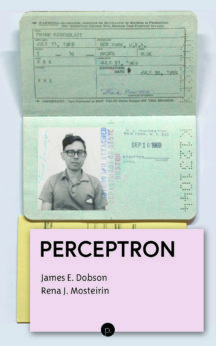


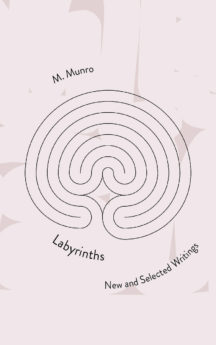
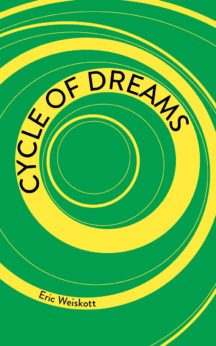
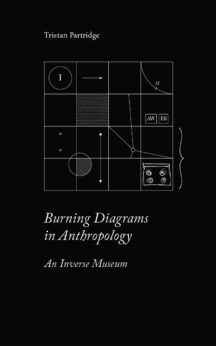
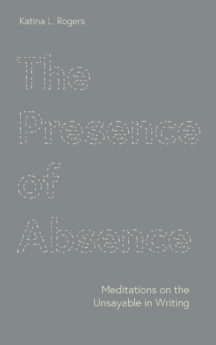



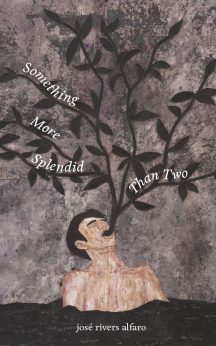
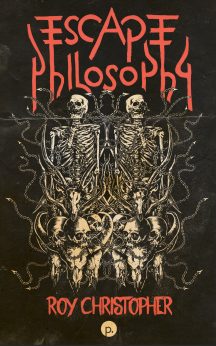


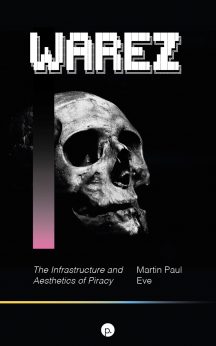
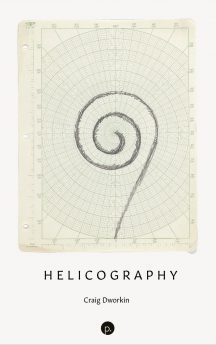
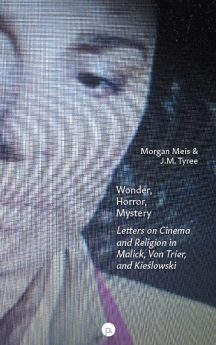







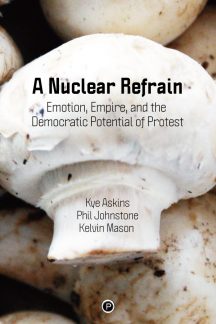



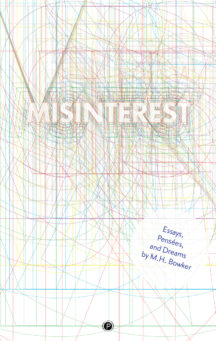
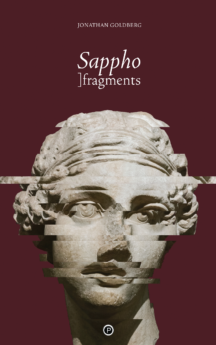


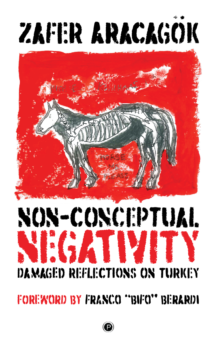
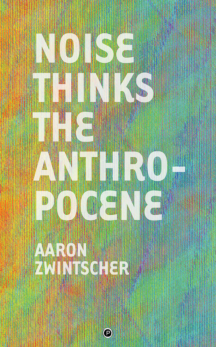
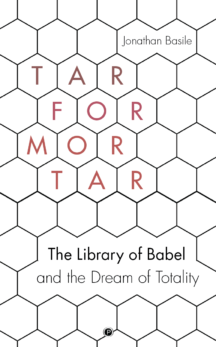
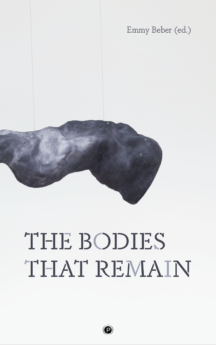
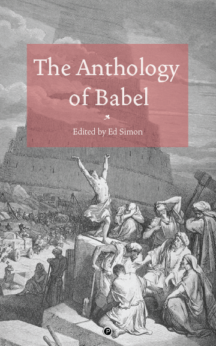
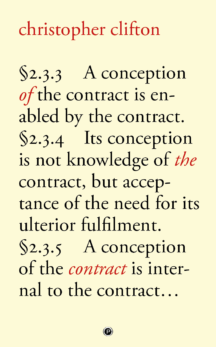
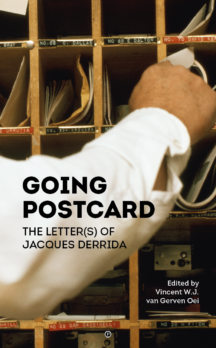



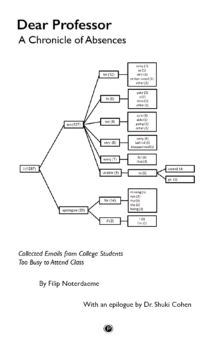


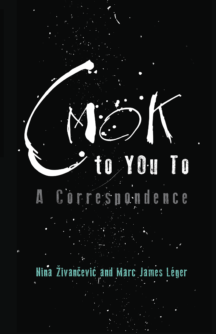
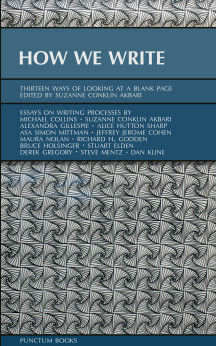

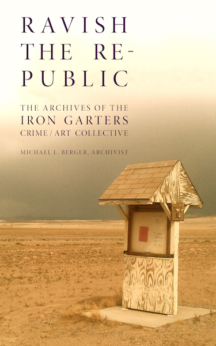
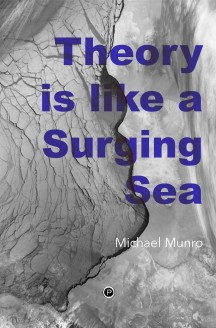

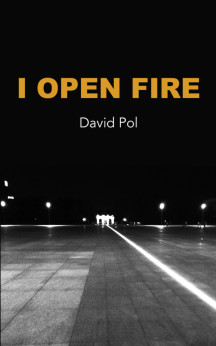
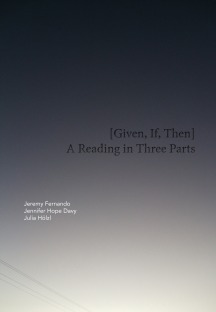
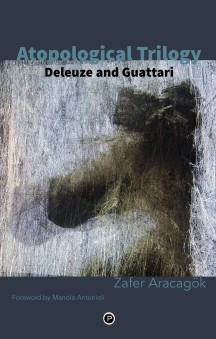

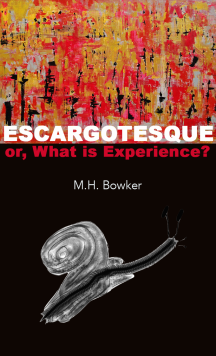
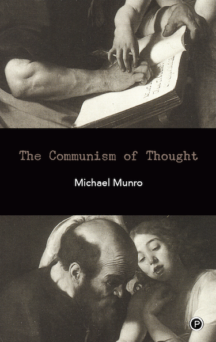

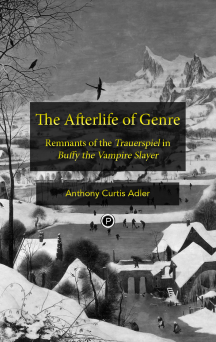


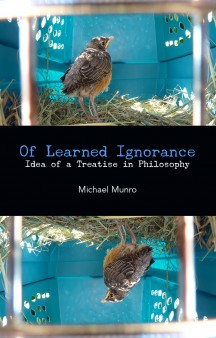
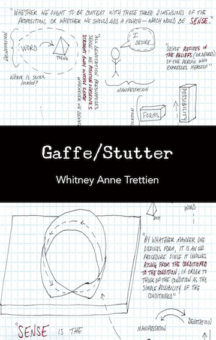



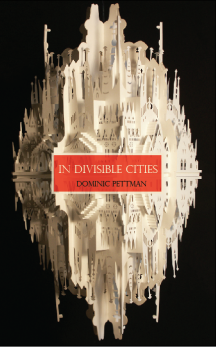
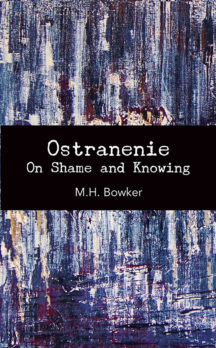
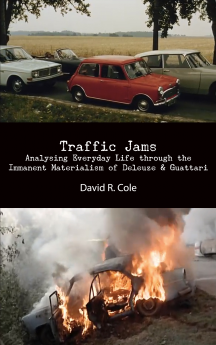


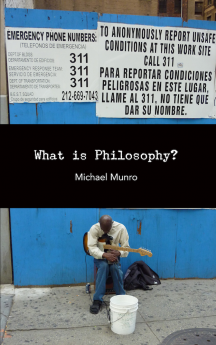



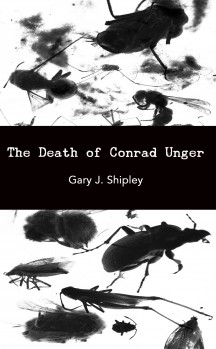
19 thoughts on “Dead Letter Office”